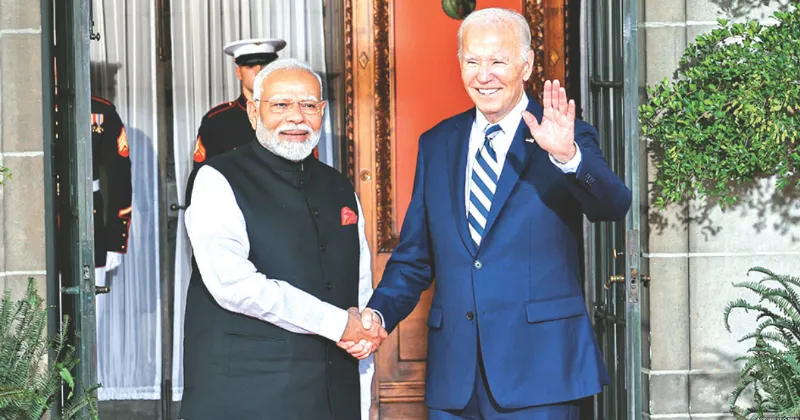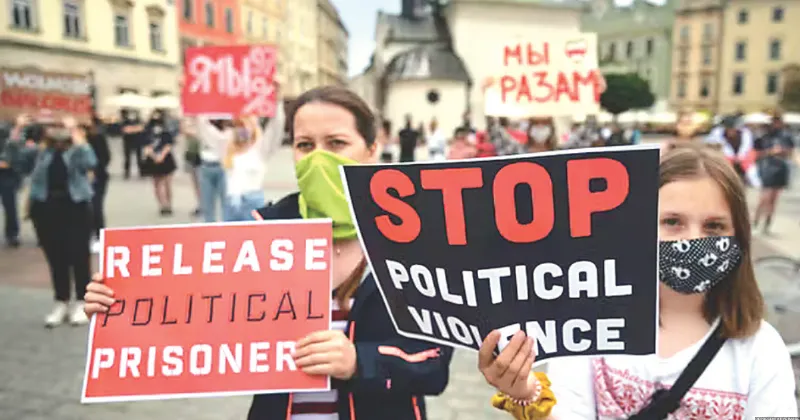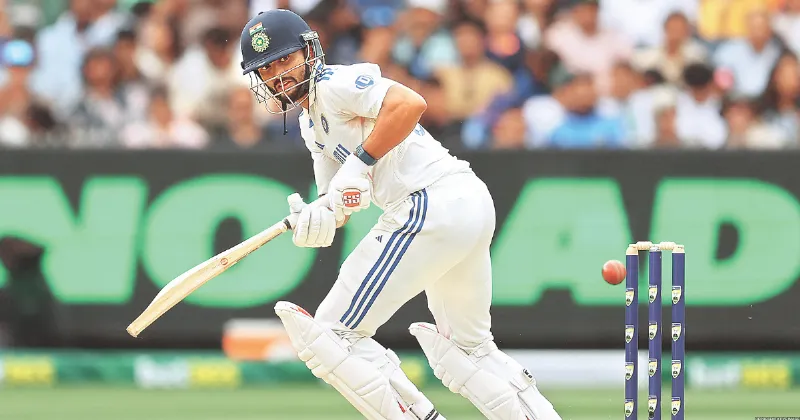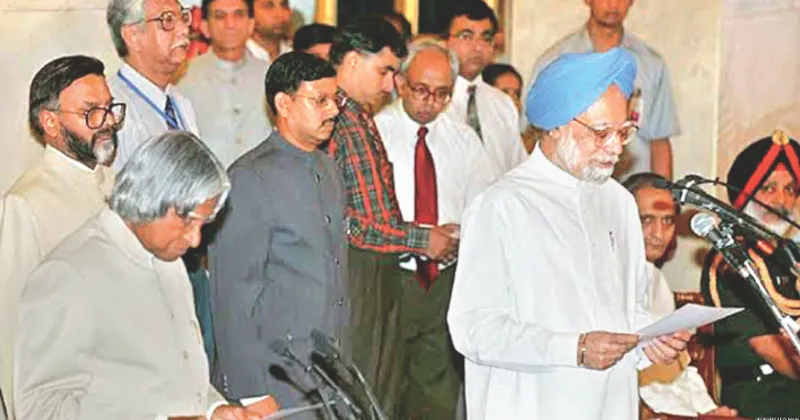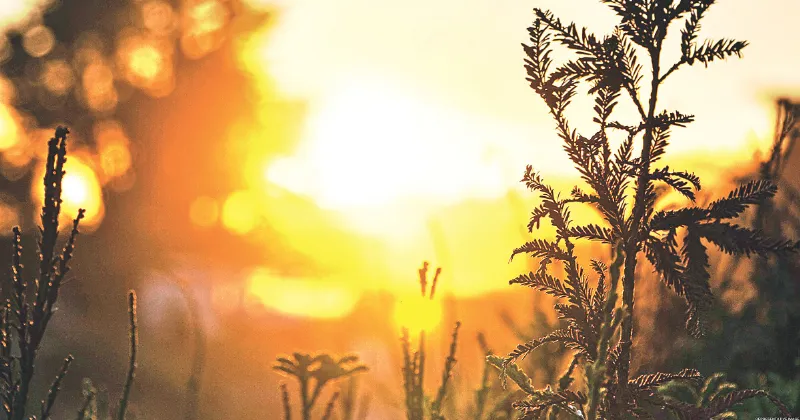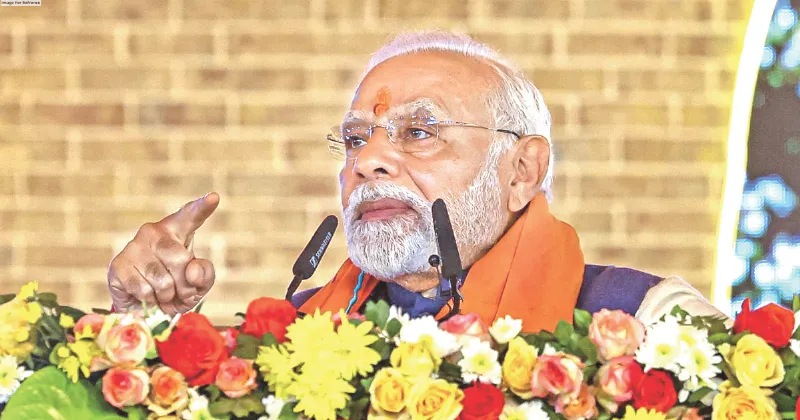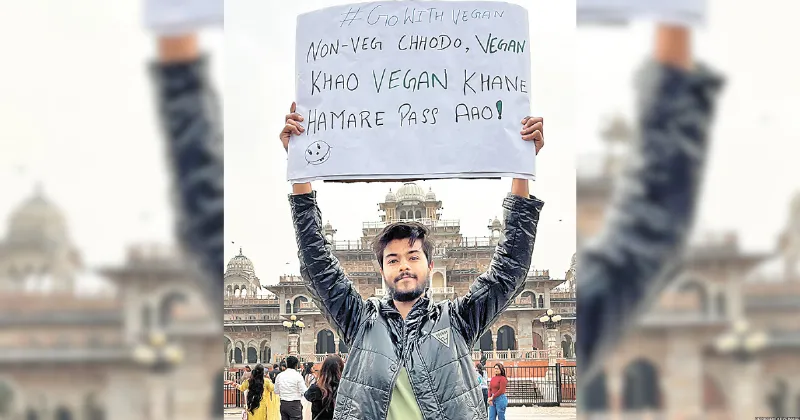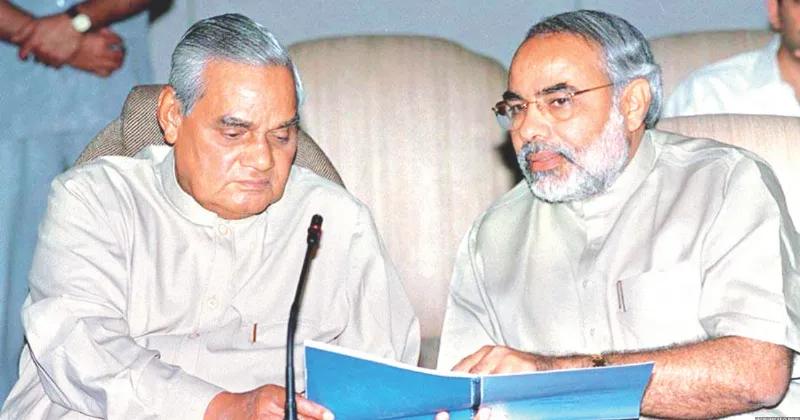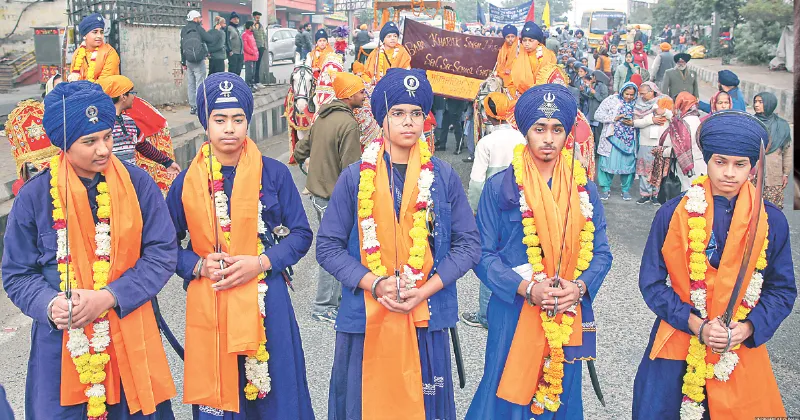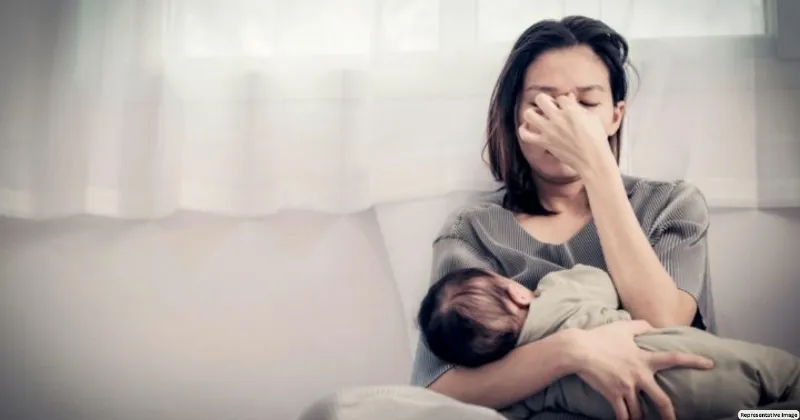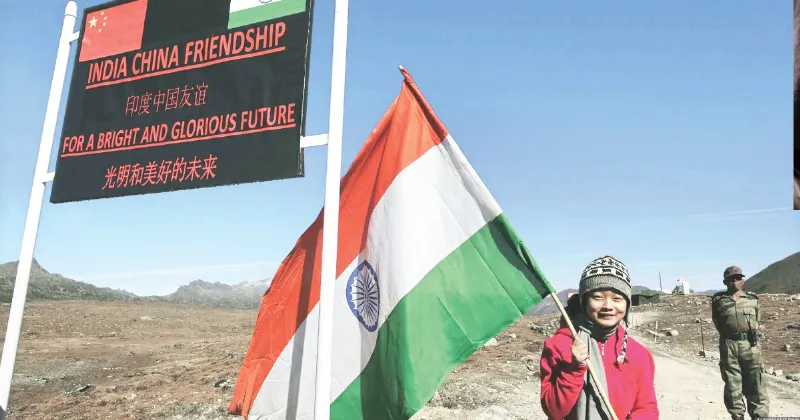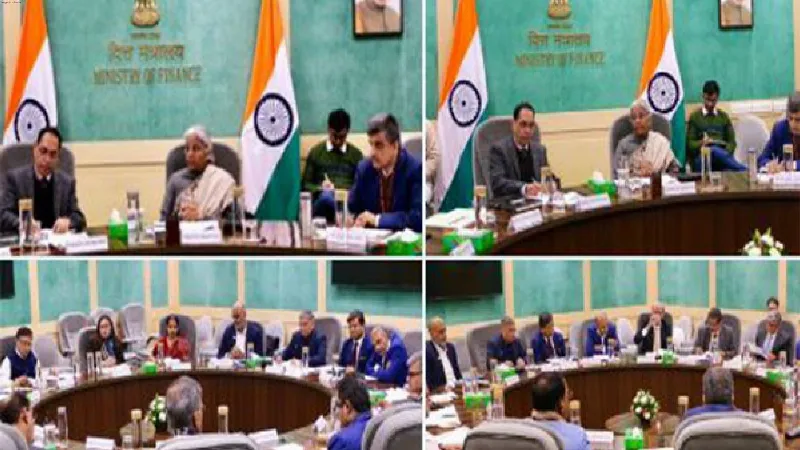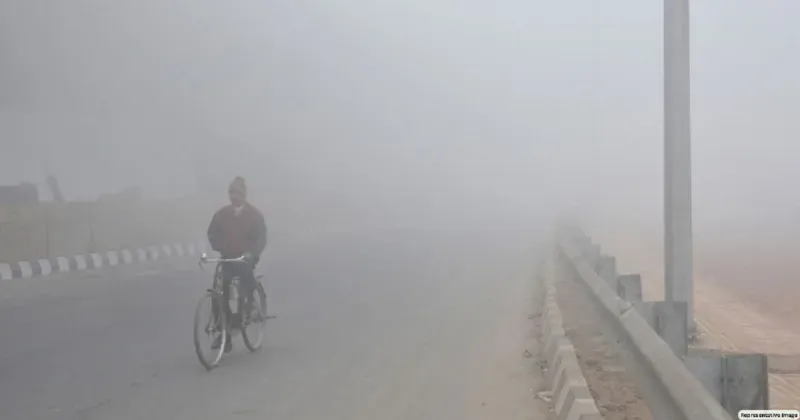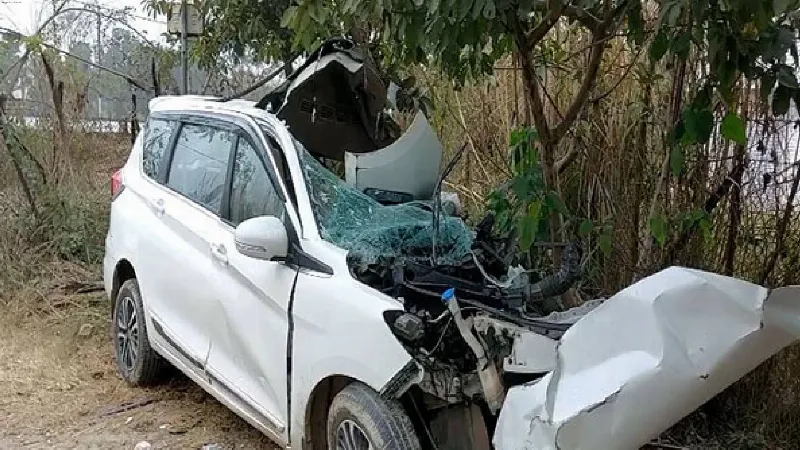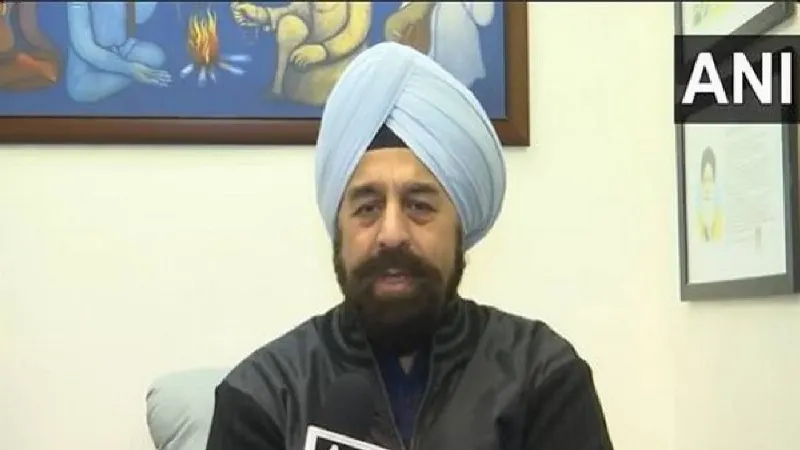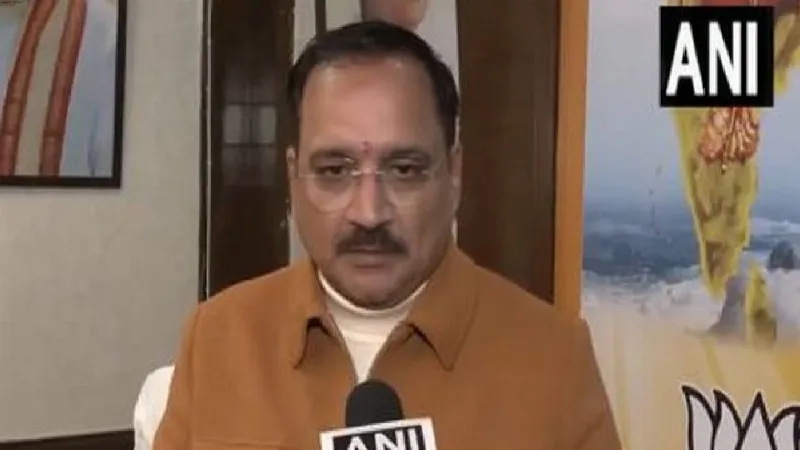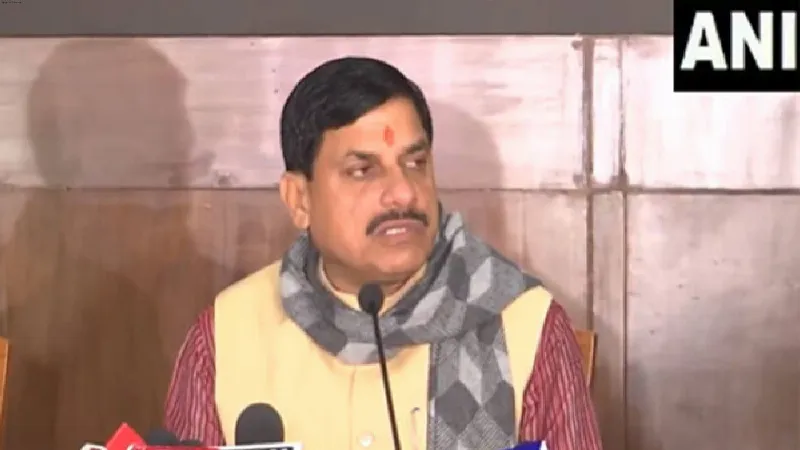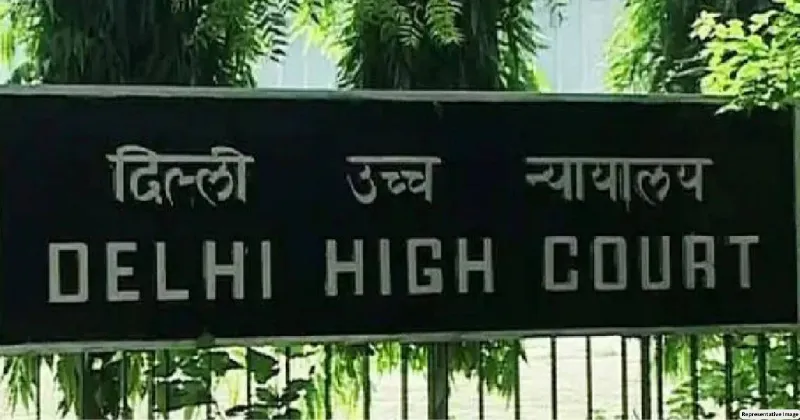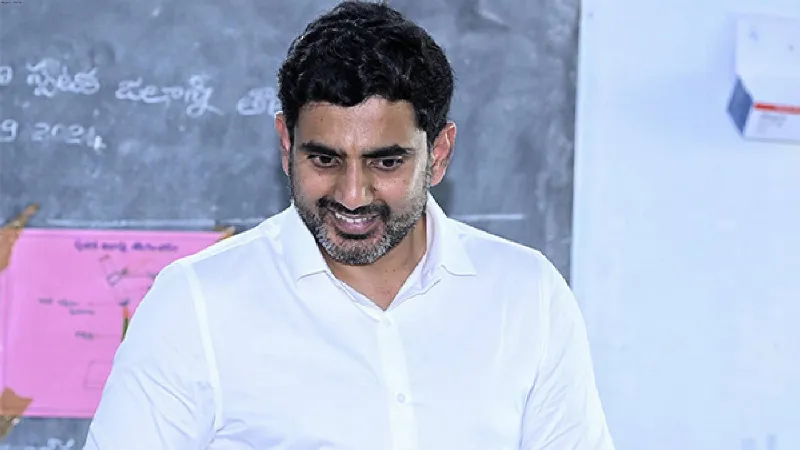TAKING THE FIZZ OUT OF DURGA PUJA?
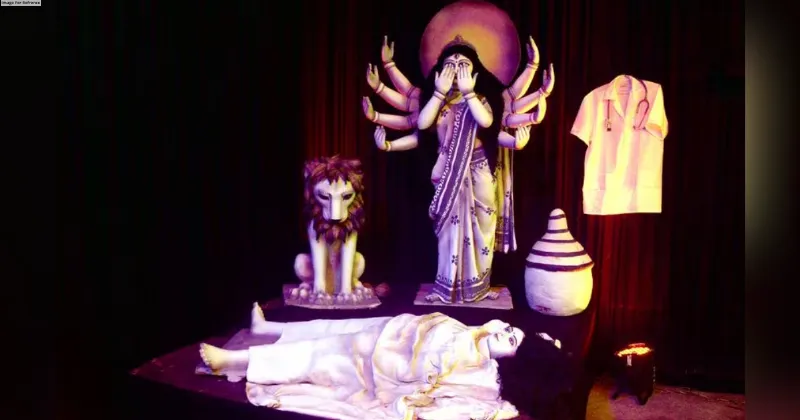
The brutal murder and rape of a junior medic at Kolkata’s RG Kar Medical College and Hospital has cast its shadow on the zeal and fervour of Bengal’s biggest event…Durga Puja.
Durga Puja which received UNESCO’s ICH tag some time back is not only West Bengal’s most celebrated festival but also a major economic driver which generated around Rs 32,377 crore in revenue according to a 2019 British Council of India report, and in 2024, this figure was expected to rise, providing vital support to thousands of livelihoods, including marquee creators, idol-makers, dhakis (traditional drummers), electricians, and vendors. The amount generated for the five-day festival roughly amounts to almost 3 percent of Bengal’s GDP.
Durga Puja in Bengal is considered to be a mini-MGNREGA where skilled and unskilled labourers are roped in by major Puja organisers at least six to eight months before the festivities and as the celebrations draw closer, their workload increases thus adding to the coffers of the poor workman.
These labourers mostly hail from the villages and rural areas and apart from part-time agricultural work, they depend heavily on Durga Puja followed by Kali Puja and then by Jagaddharti Puja and the Christmas celebrations in Kolkata and Bandel. The season actually now starts with Ganesh Chaturthi which is being well observed in Kolkata. This is followed by Vishwakarma Puja which actually initiates the season of festivities.
If one looks at the festivities in a different way, apart from the fun and frolic, these festivities bring in a lot of source of income for the unorganised sector. The mood in the city is likely to have an impact on the economy during Durga puja - be it advertisement revenues for various clubs or small-time traders, food stall owners, street food vendors, drummers and decorators who wait for Durga Puja throughout the year.
To add to the commercial aspect… to be precise to the business and trade and the enthusiasm of shoppers, the recent Bangladesh unrest following India’s decision to close down the visa office has also affected the fortune of traders in major marketing hubs. The typical pre-puja shopping frenzy at popular markets has sharply declined, leaving vendors who depend on Durga puja for a significant portion of their annual income struggling. This year the sale has not been like previous years. Nearly 40 per cent of the puja stock is still in godowns.
Several Durga puja clubs have also said that the advertisement revenue this year has come down by 20-30 percent from the last two years, Kajal Sarkar, president of the Forum for Durgotsab, an umbrella organisation of nearly 800 odd community pujas in Kolkata and its suburbs, told the media.
The advertisement collection period is August and September and these two months witnessed intense protests across the state, so most of the brands were wary about whether to give out advertisements.
The cost of marquees, lights, decorations, and idols are all borne from the funds of the clubs and the officials of the club and are later covered by the ad revenues. But this year a huge amount is being spent from our pockets only, Saswata Basu, president of Hatibagan Sarbojanin and secretary of the forum, told the media. Many community puja committees are concerned about potential unforeseen and unplanned protests, despite Police Commissioner Manoj Kumar Verma’s assurance that Durga puja will be peaceful.
Several of these puja committees across West Bengal have declined the state government’s grant of Rs 85,000 to support the festival, choosing instead to express their solidarity with the ongoing protests.
The killing of the doctor on duty at the state-run RG Kar Medical College and Hospital on August 9 has ignited profound emotional turmoil across the state, as the vibrant excitement of Durga puja has been overshadowed by the troubling paradox of worshipping the goddess of strength and protection while real-life women continue to face grave dangers. As Kolkata grapples with this tragedy, the city stands at a crossroads between tradition and change, torn between devotion to Mother Durga, symbolising strength, protection, and justice, and the harsh reality of daily violence and injustice faced by women.
It appears that this year’s Durga puja will be much more subdued due to the RG Kar incident and the ongoing protests as many people may participate in the Puja but choose to avoid the festive celebrations. Many can relate to the victim and her family, which is why the protests have emerged so spontaneously.
The incident sparked an emotional outcry across the state, especially in the eastern metropolis, where nearly 3,000 Durga pujas are organised. For many Kolkatans, this year’s Durga puja has transformed from a mere festival into a symbol of the ongoing struggle for justice, prompting reflection on the significance of worshipping a goddess when real-life women embodying her spirit remain unsafe.
How can the city celebrate a festival that glorifies the divine feminine while turning a blind eye to the real-life women who suffer? This year, Durga puja may not only be a celebration but also a platform for a broader conversation about women’s safety and justice. In the days leading up to Durga puja, Kolkata, typically buzzes with preparations streets lined with pandals, lights put up, and the air filled with the scent of festive delicacies but this year, a noticeable silence prevails, distracted by the cries of “We Want Justice” echoing across the city.
“We won’t be part of the festivities as we will be on the streets with our protests and fast-unto-death. For us, indulging in festivities would be a mockery of justice,” junior doctor Aniket Mahato said. The “Lajja” themed pandal in the Saraswati Kalimata Mandir Parishad club in Kolkata’s Narkeldanga is one stark example of how Durga Puja is different this year.
The centrepiece of the pandal is a Maa Durga idol whose face is covered in shame, near a statue of a woman with a doctor’s coat and stethoscope. “Even the mighty lion has been shown in a different avatar. Here the lion has its head down in shame. We have used red colour to denote blood and the recurrence of bloodshed in Bengal,” said Biswajit Sarkar, organiser of “Lojja”, meaning shame.
THE VIEWS EXPRESSED BY THE AUTHOR ARE PERSONAL
Robin Roy The writer is Senior Journalist and former Managing Editor, First India



